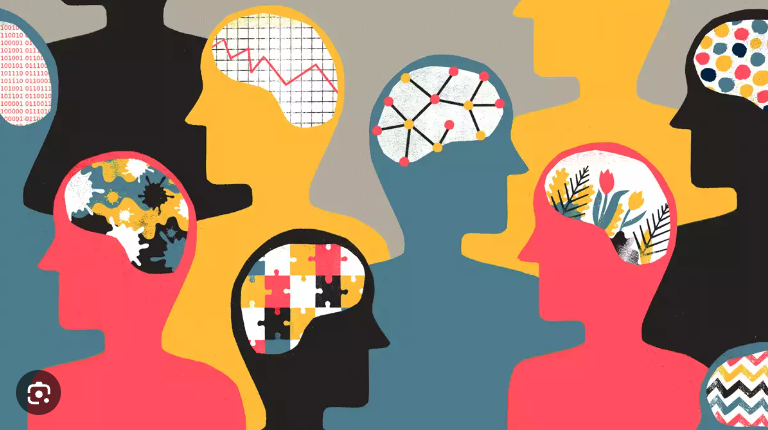Learn about mental health, such as depression and PTSD, symptoms and treatment options.
We frequently believe that the brain regulates mental health. In actuality, though, it is dependent upon a complex interplay between experiences, genetics, stressors in life, physical health, and brain chemistry. “The brain, its structure, and its connections can be altered by our experiences and physical well-being. Debra Kaysen, a clinical psychologist and professor of psychiatry and behavioral sciences at Stanford University Health Care, describes it as “like a dialogue between our behavior and what we learn.”
Mental health can arise when any one of the components of our mental health is out of balance. It’s not the result of flaws or someone’s shortcomings. Many people deal with difficult situations in their lives, according to clinical psychologist Lindsey McKernan, an associate professor in the Vanderbilt University Medical Center’s psychiatry and behavioral sciences department and clinical psychologist. “Your risk of developing mental illness may be increased by a genetic vulnerability or by repeated exposure to trauma or violence.”
Also read-OCD : A Patient’s Guide to Obsessive-Compulsive Disorder (OCD) And Its Symptoms

Mental health numbers
In the US, mental health is incredibly prevalent. According to the National Institute of Mental Health, 57.8 million adults in the United States in 2021—or 1 in 5—will have a mental illness. Based on 2020 data, which is the latest available information, the National Alliance on Mental Illness
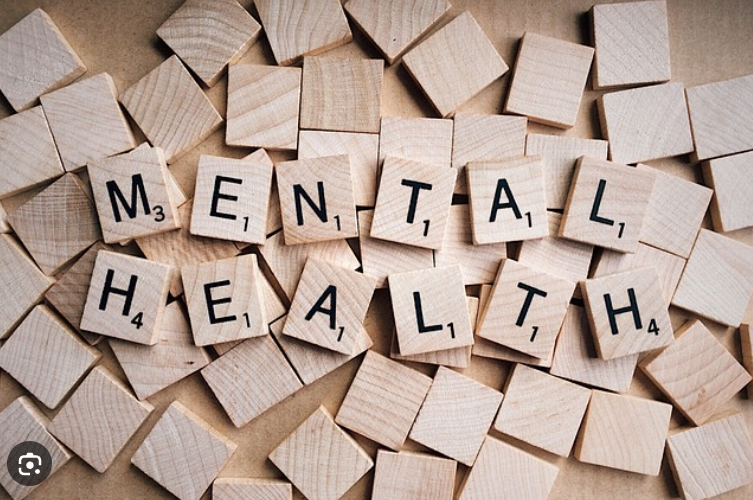
- Anxiety disorders affect 48 million Americans, or 19.1% of the adult population.
- Major depressive episodes affect 21 million adults in America, or 8.4% of the population.
- Of adult Americans, 3.6% (or 9 million) suffer from post-traumatic stress disorder.
- Of adult Americans, 2.8% (or 7 million) suffer from bipolar disorder.
- Of adult Americans, 1.4% (3.5 million) suffer from borderline personality disorder.
- Of adult Americans, 3. million, or 1.2%, suffer from obsessive-compulsive disorder.
- In America, 1.5 million adults, or less than 1% of the population, suffer from schizophrenia.
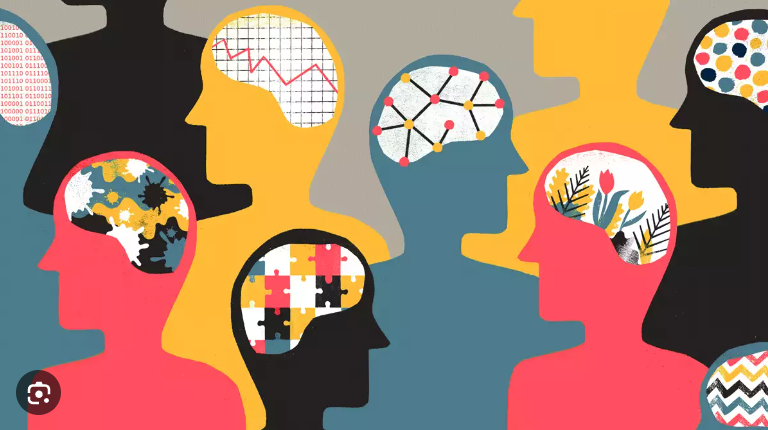
Risk factors for mental health disorders
Carmen Katsarov, a social worker and executive director of behavioral health integration with CalOptima Health, a community-based health plan that serves vulnerable residents in Orange County, California, notes that many risk factors can contribute to the development of a mental health disorder. These include:
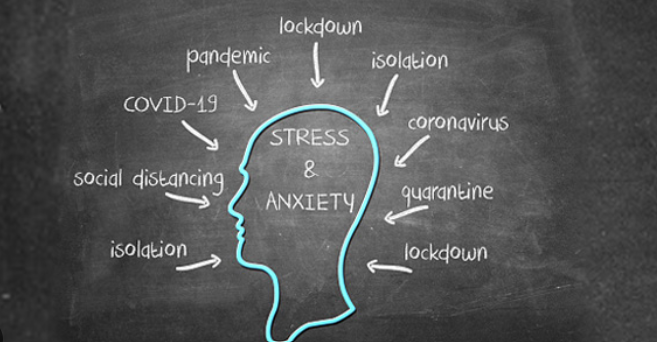
- Background in the family.
- Maltreatment or neglect of children.
- Early-life hardships include food insecurity, poverty, and inadequate housing.
- Traumatic experiences in life, including physical or sexual abuse.
- Diseases that are persistent, like dementia or diabetes.
- Acute health issues, like a heart attack.
- Drug and alcohol abuse.
- Stressors related to society or circumstances, like financial strain, bereavement, divorce, or incarceration of a loved one.
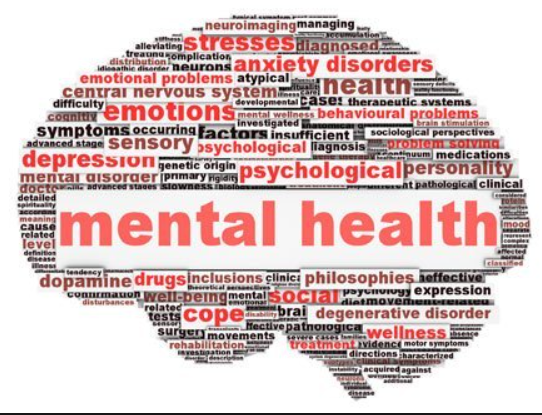
Types of mental health disorders
Some of the more common types of mental health disorders include:
- Depression.
- Disorders related to anxiety.
- Compulsive-obsessive disorder.
- Bipolar illness.
- PTSD (post-traumatic stress disorder).
- Psychosis
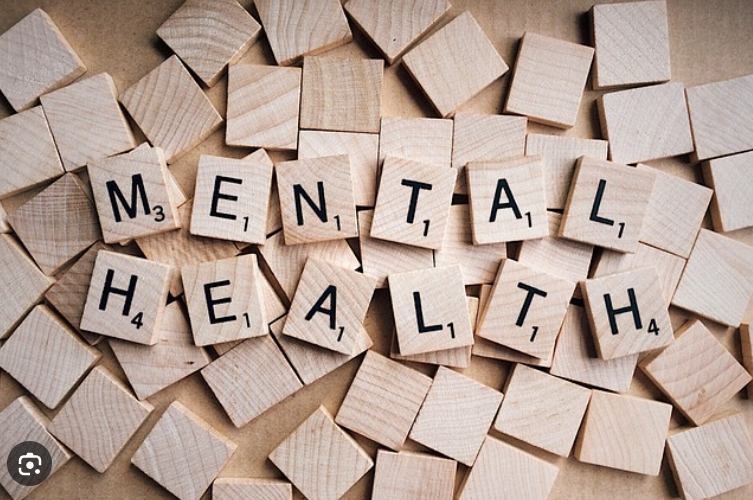
Seeking help
While the severity of symptoms can vary greatly depending on the person and the situation, Katsarov notes that “it’s important to seek help when: any symptoms persist or continue to increase beyond a couple of weeks; don’t decrease to a more manageable level or resolve by using current supports and coping skills; and are interfering with daily life.”
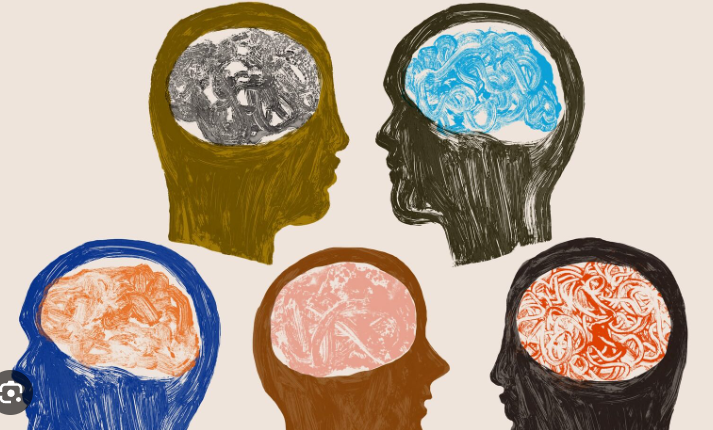
Carmin offers some examples of how symptoms can interfere with daily life, including:
- Being fearful or too depressed to leave the house.
- Socially isolating yourself.
- Avoiding activities that you previously enjoyed.
- Experiencing intrusive, upsetting thoughts, such as hallucinations, delusions or thoughts of self-harm.
- Using alcohol or drugs to self-medicate.

Also read-Complex PTSD : A Patient’s Guide To Complex PTSD And Its Symptoms
images source: Google
Disclaimer: The opinions and suggestions expressed in this article are solely those of the individual analysts. These are not the opinions of HNN. For more, please consult with your doctor







